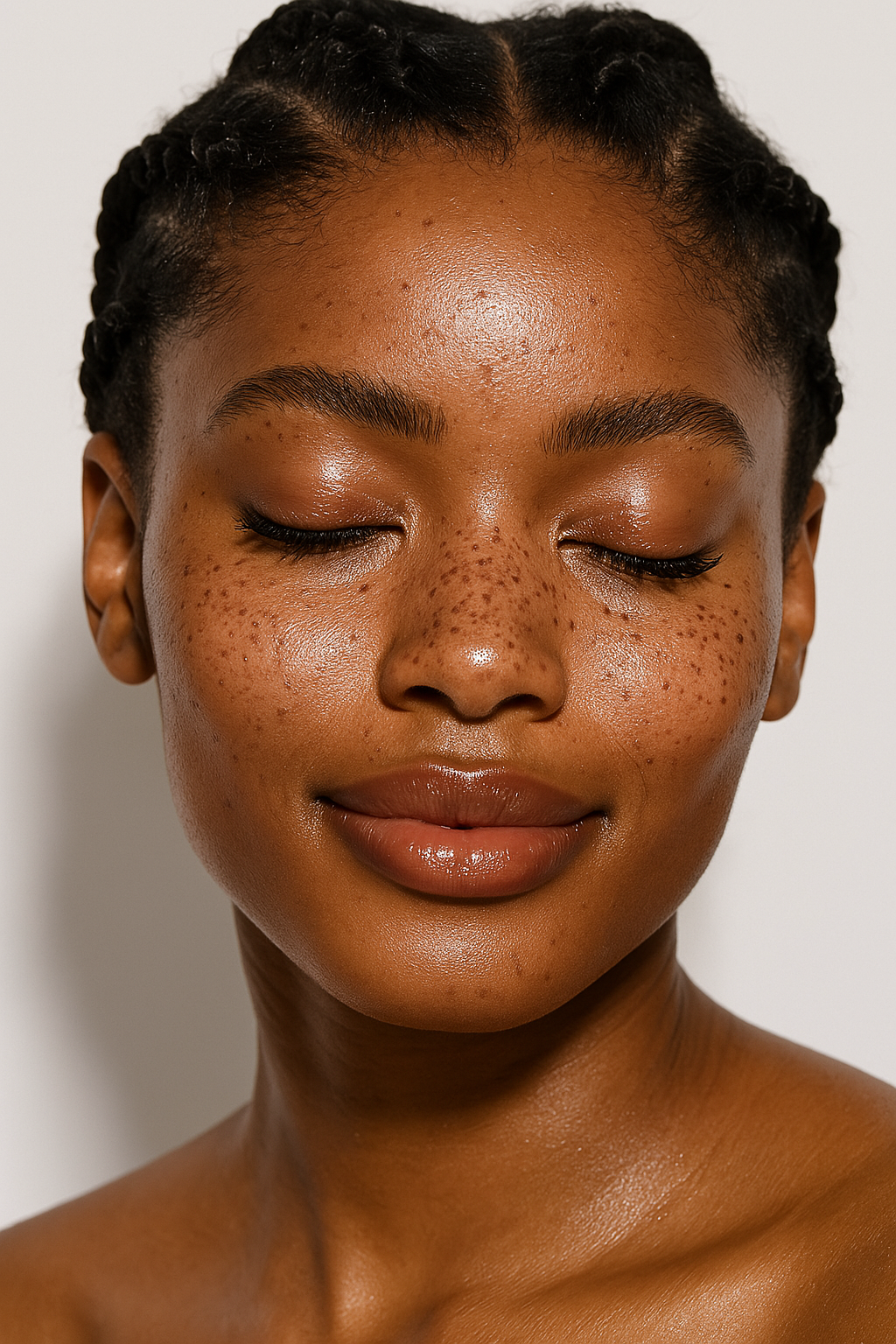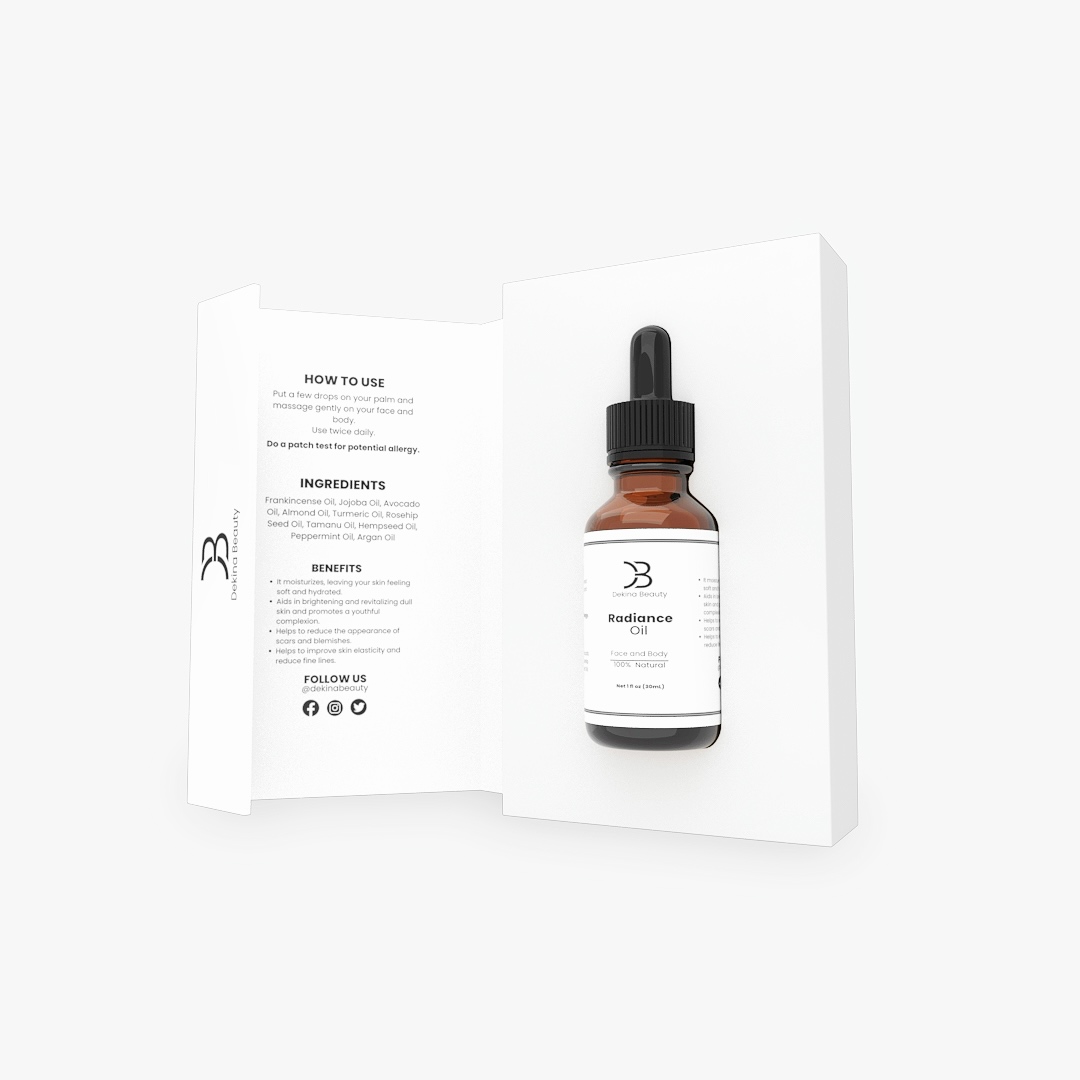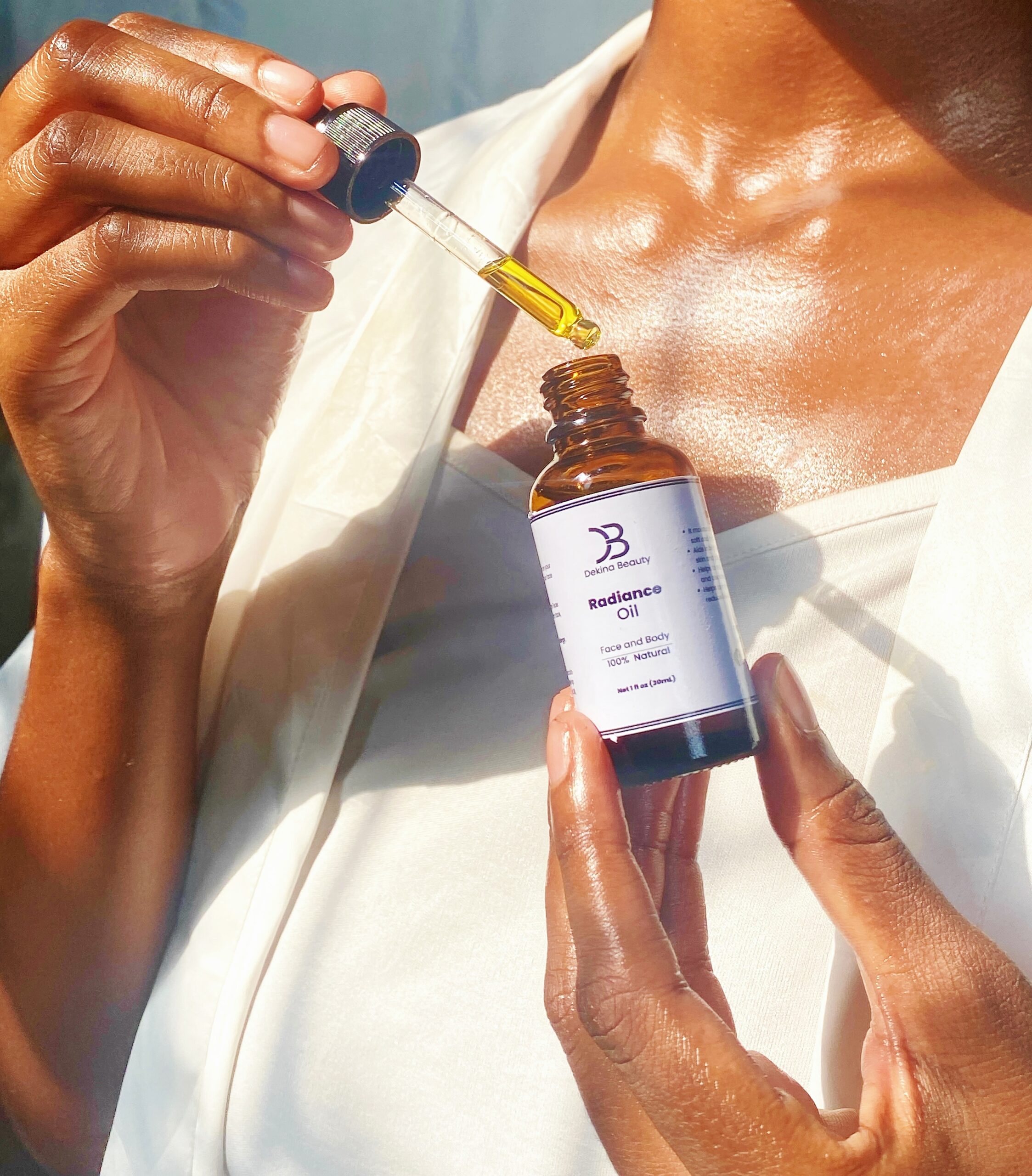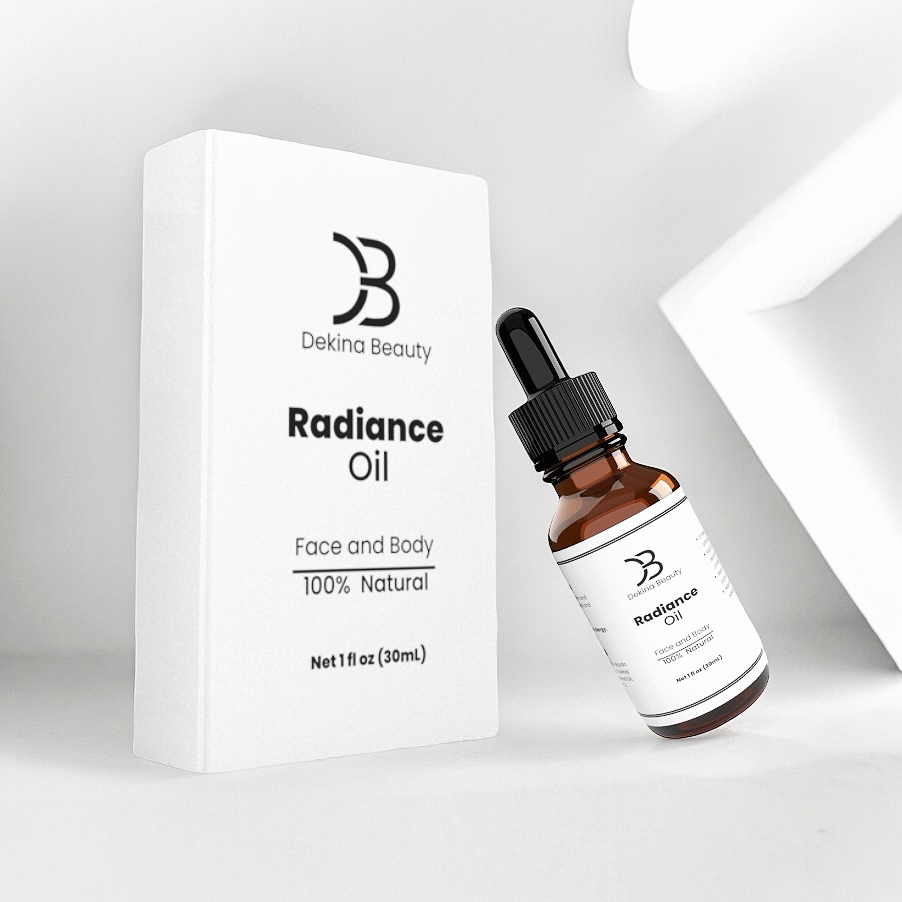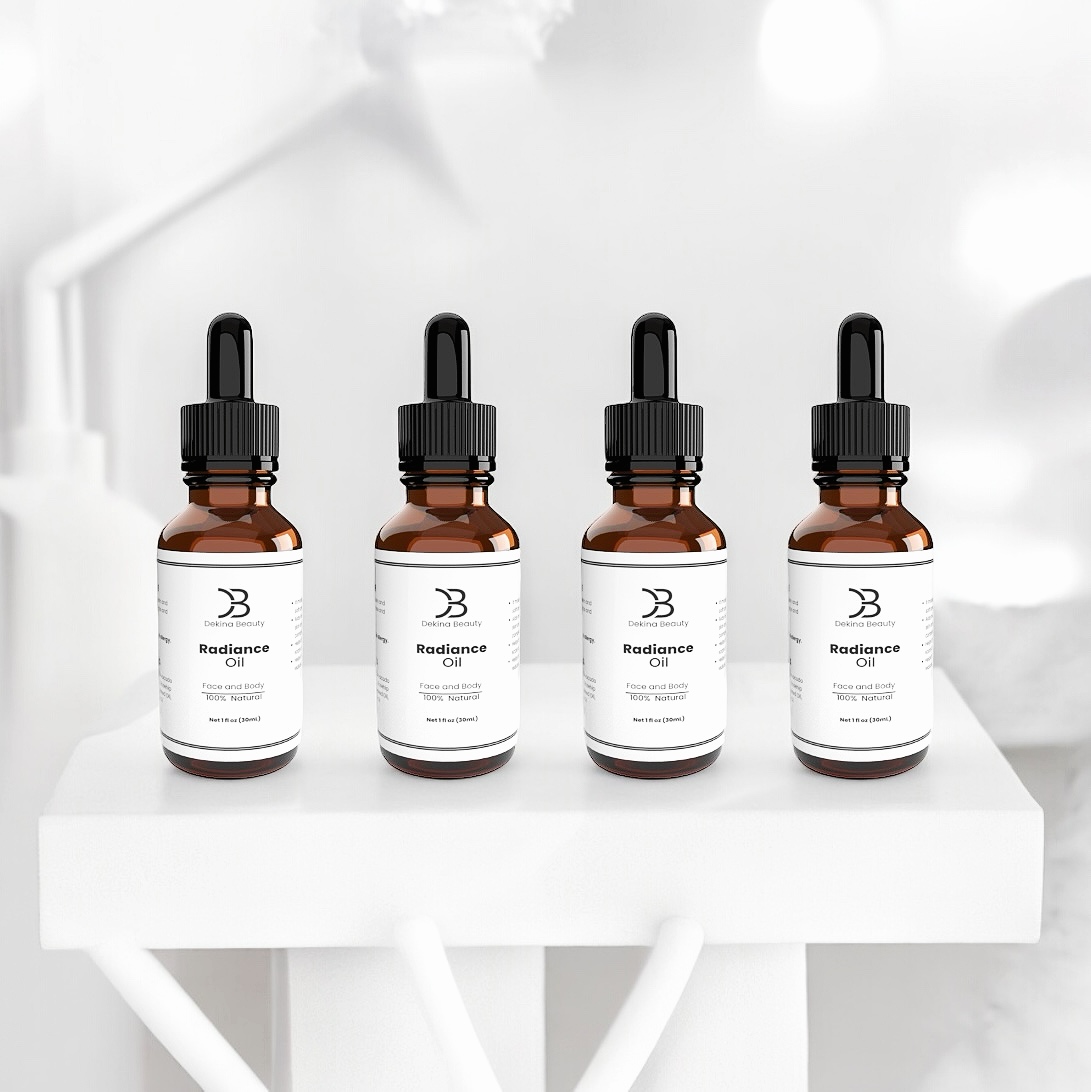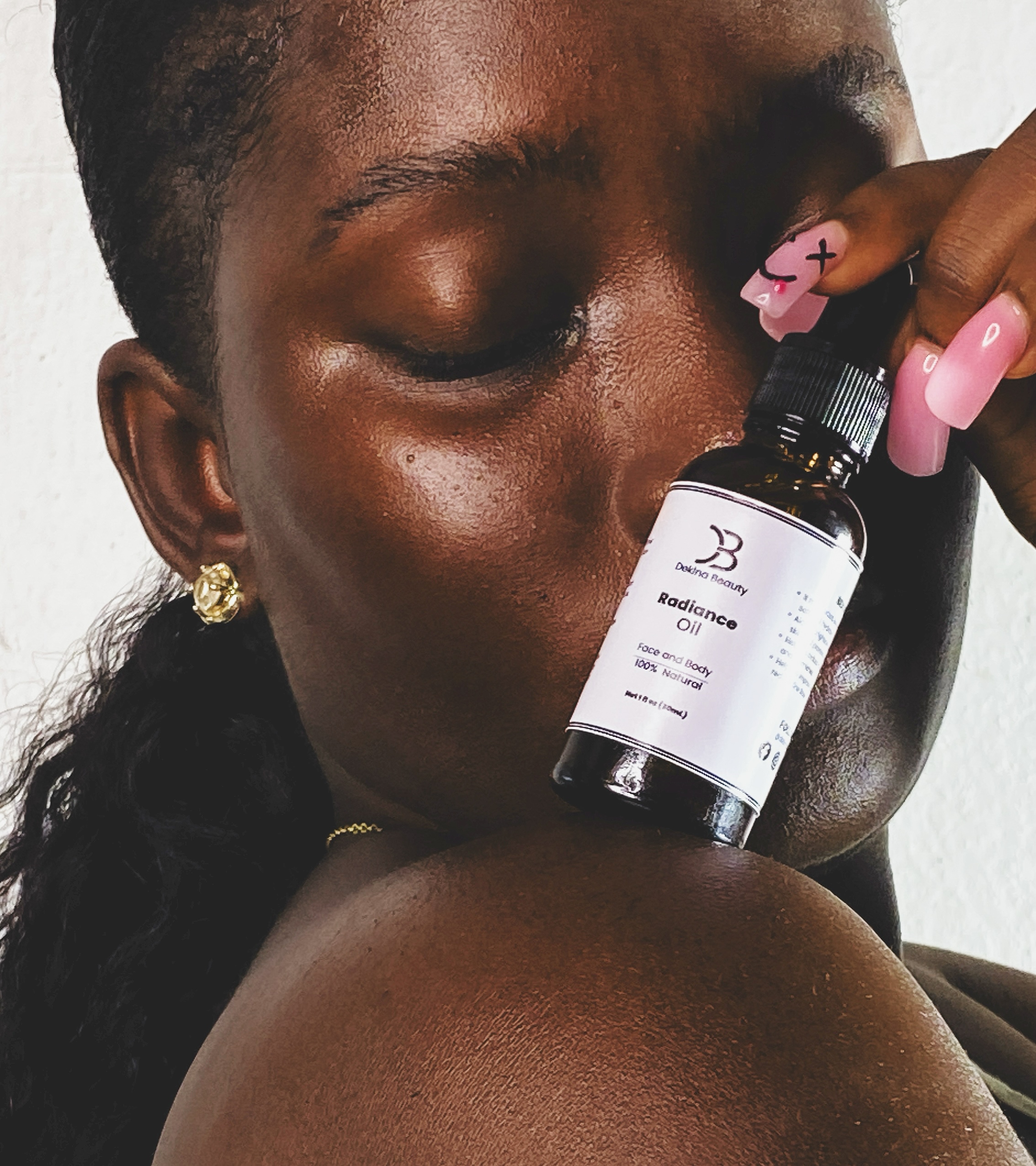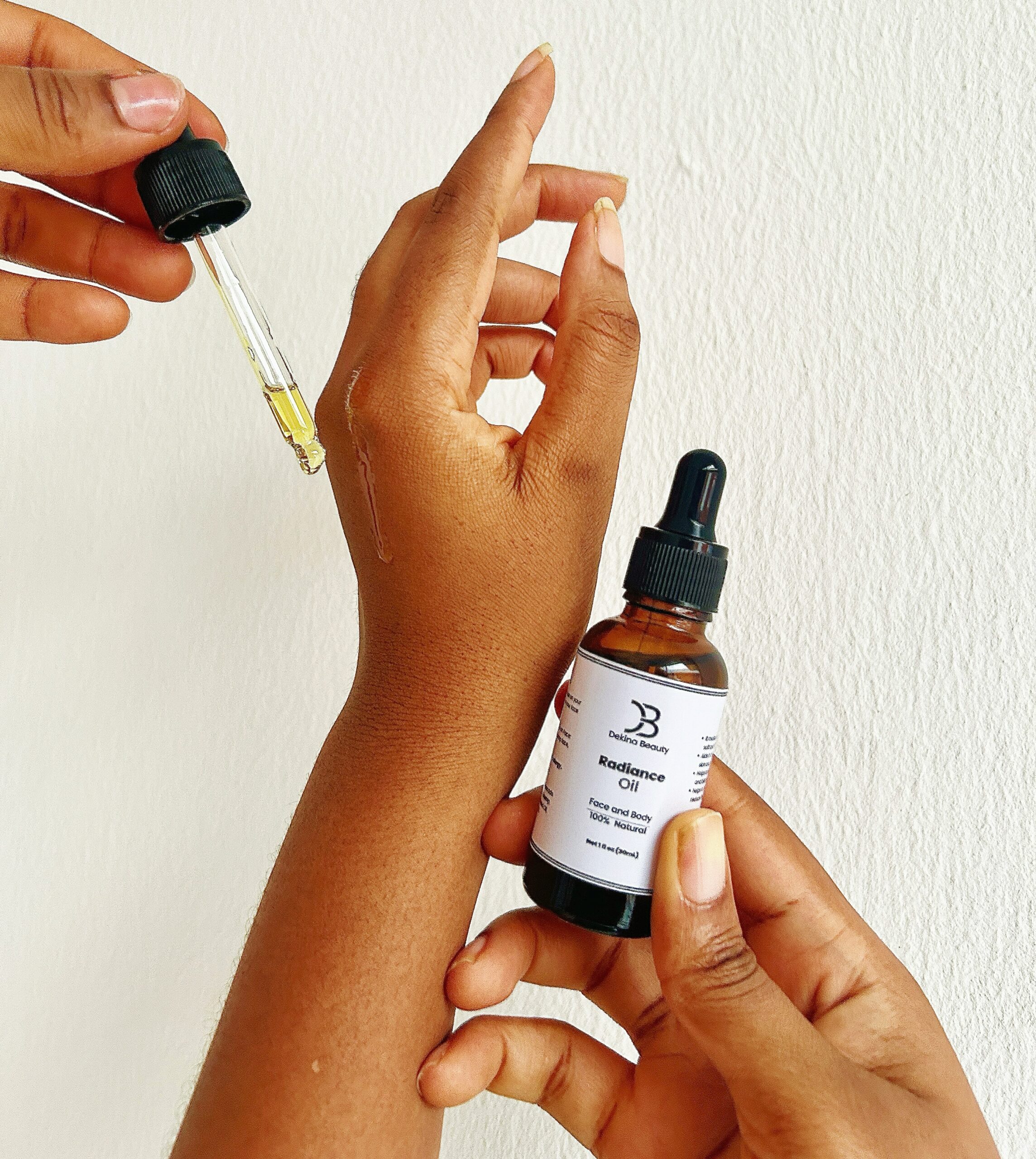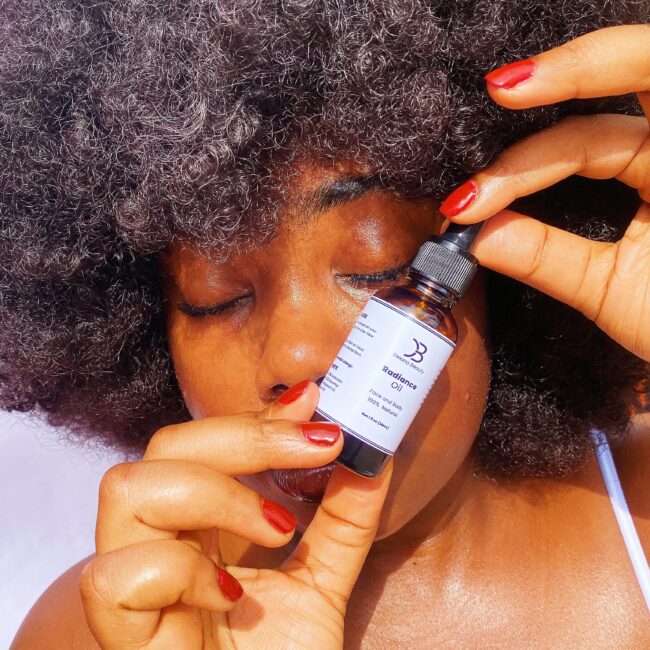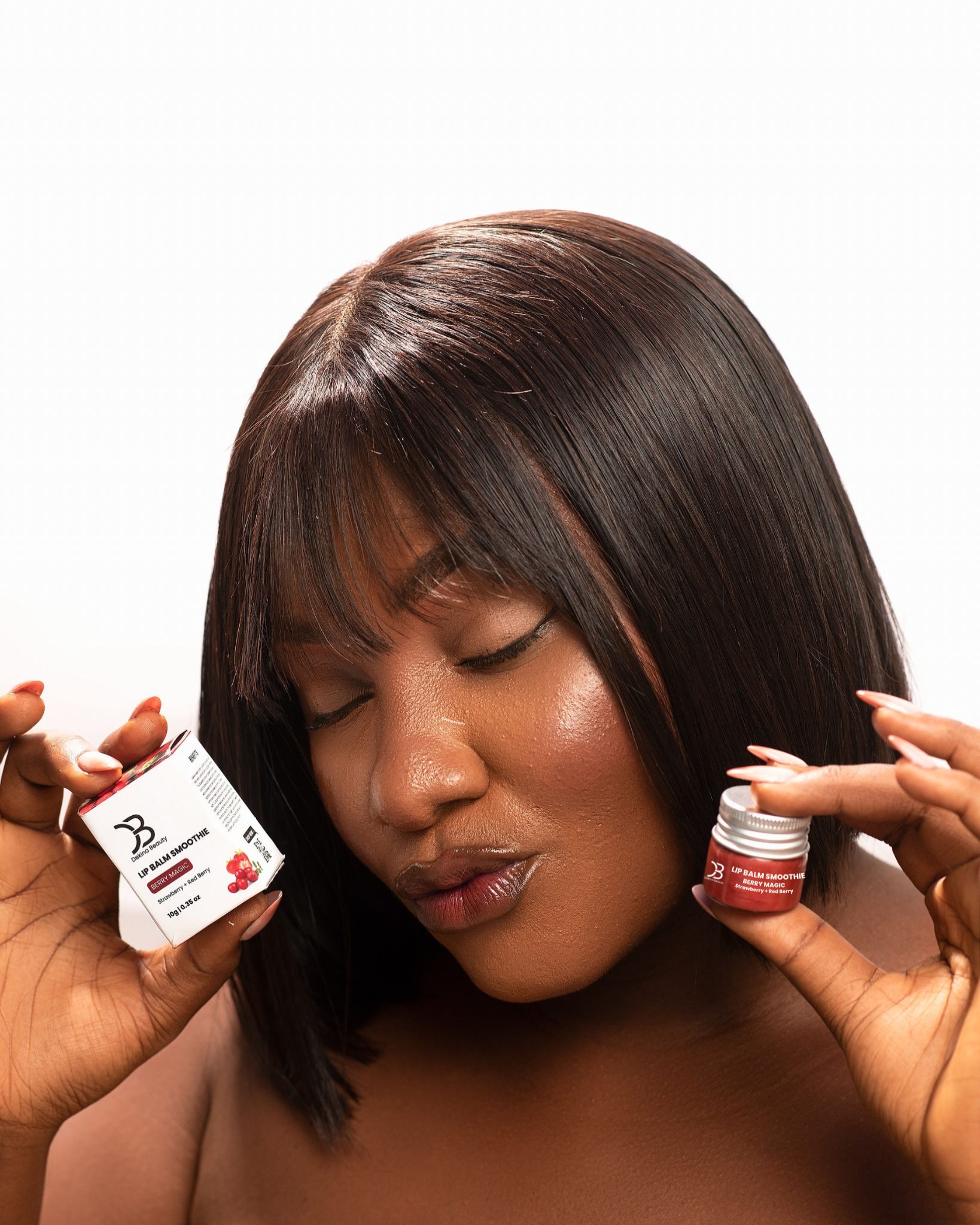Understanding Sensitive Skin
Sensitive skin is a common condition characterized by heightened reactivity to various stimuli, leading to discomfort, redness, and irritation. Individuals with sensitive skin often experience unpleasant sensations such as burning, itching, or stinginess when exposed to certain skincare products, environmental changes, or even emotional stressors. This type of skin requires special attention and care, as it tends to react differently compared to normal skin types.
One of the primary characteristics of sensitive skin is its inability to effectively protect itself from harsh elements, be it climatic conditions, skincare ingredients, or allergens. Common symptoms include flushing, extreme dryness, and breakouts, which can be exacerbated by anxiety or fluctuating temperatures. Furthermore, sensitive skin might also be linked to underlying dermatological conditions such as eczema, rosacea, or dermatitis, where the skin barrier is compromised, making it more susceptible to irritation.
Another critical aspect to consider is the individual triggers that may exacerbate sensitivity. These triggers vary from person to person and can include specific ingredients found in skincare products, dietary choices, extreme weather conditions, or even skincare practices that may not suit sensitive skin, such as exfoliation or aggressive cleansing routines. Identifying these triggers is paramount in crafting an effective skincare routine tailored to soothe and protect sensitive skin.
Choosing gentle, hypoallergenic products designed for sensitive skin can help reduce the likelihood of adverse reactions. Additionally, incorporating calming ingredients such as aloe vera, chamomile, and calendula into your skincare routine can significantly improve overall skin health. As a result, individuals can better manage their sensitive skin by understanding its unique needs and responding accordingly.
Choosing the Right Products
When establishing an effective skincare routine for sensitive skin, it is crucial to carefully select products that prioritize gentleness and comfort. A successful regimen often begins with the right cleansers, moisturizers, sunscreens, and treatment formulations. Sensitive skin typically reacts adversely to aggressive ingredients; therefore, identifying key components is essential.
For cleansers, opt for those that are fragrance-free and formulated specifically for sensitive skin. Creamy, non-foaming cleansers with hydrating ingredients like glycerin or aloe vera can effectively remove impurities without stripping the skin of its natural moisture barrier. Avoid products containing alcohol, sulfates, or strong exfoliants, as these can provoke irritation or dryness.
Moisturizers play a vital role in maintaining hydration and protecting the skin. Look for hypoallergenic options with soothing ingredients such as shea butter, ceramides, or hyaluronic acid. These components work to lock in moisture while reinforcing the skin’s barrier. It is advisable to avoid heavy creams with fragrances or allergens, which may exacerbate sensitivity.
When it comes to sunscreens, choose broad-spectrum formulations that are labeled as non-comedogenic to prevent clogged pores. Mineral-based sunscreens containing zinc oxide or titanium dioxide are often gentler alternatives suitable for sensitive skin. Chemical sunscreens, while effective, may contain irritating ingredients that can trigger reactions.
For targeted treatments, such as acne or rosacea, opt for products fortified with calming agents like chamomile or green tea extract. Products inclusive of retinol or exfoliating acids should be approached with caution; it is wise to gradually introduce such ingredients to gauge skin tolerance. The most beneficial skincare products for sensitive skin prioritize gentleness and avoid harsh chemicals, fostering a healthier skin environment.
Step-by-Step Skincare Routine
A comprehensive skincare routine is crucial for maintaining the health and appearance of sensitive skin. Each step in this regimen is designed to soothe irritation while providing essential hydration and protection. The components of this routine include cleansing, toning, moisturizing, and sun protection, all tailored specifically to address the unique needs of sensitive skin.
Begin with cleansing, the first and arguably one of the most important steps. It is essential to use a gentle, sulfate-free cleanser that does not strip the skin of its natural oils. Cleansing should be performed twice daily—once in the morning and once in the evening—to remove impurities and prepare the skin for subsequent products. Applying a small amount of cleanser onto damp skin using soft circular motions can effectively cleanse without causing irritation.
Following cleansing, the next step is toning. Select an alcohol-free toner with soothing ingredients, such as aloe vera or chamomile, which can help restore the skin’s pH balance and reduce redness. Apply toner using a cotton pad or by gently patting it onto the skin with clean hands. Toning can be performed twice a day after cleansing to enhance the overall hydration of sensitive skin.
Next is moisturizing, an essential step to lock in moisture and create a protective barrier. Choose a lightweight, non-comedogenic moisturizer that is specifically formulated for sensitive skin. Use a dime-sized amount, adjusting based on your skin’s needs, and apply it evenly across the face and neck. This step should also be done twice daily to ensure continuous hydration.
Lastly, sun protection is vital in any skincare routine, particularly for sensitive skin that may be prone to sunburn. Use a broad-spectrum sunscreen with at least SPF 30 every morning as the last step of your skincare routine. Apply a generous amount to all exposed areas, reapplying every two hours, especially during prolonged sun exposure. Following these steps diligently will greatly help in maintaining the health of sensitive skin.
Additional Tips for Maintaining Healthy Skin
Maintaining healthy skin, particularly for those with sensitive conditions, often requires a holistic approach that encompasses various lifestyle factors. An essential aspect of caring for sensitive skin is mindful dietary choices. Incorporating a balanced diet rich in antioxidants, omega-3 fatty acids, and vitamins can significantly enhance skin health. Foods such as leafy greens, fatty fish, nuts, and seeds provide essential nutrients that may help reduce inflammation and improve overall skin resilience.
Another crucial tip is the practice of patch testing any new skincare products. Given that sensitive skin can react adversely to novel formulations, applying a small amount of the product to a discreet area and waiting 24 hours is vital. This precaution helps to identify any potential irritants before applying the product more broadly. Furthermore, always opt for products labeled as hypoallergenic, fragrance-free, and non-comedogenic to minimize the risk of irritation.
Creating a conducive environment also plays a significant role in maintaining sensitive skin. Avoiding extreme temperatures and drastic climate changes can prevent unnecessary triggers for skin irritation. Humidifiers can be beneficial during dry seasons, maintaining moisture in the air and subsequently assisting in skin hydration. Additionally, staying hydrated is crucial; aiming for adequate water intake supports skin moisture levels and can have a pronounced effect on sensitive skin.
Self-care practices, including stress management, significantly influence skin health. High stress can exacerbate skin issues; therefore, techniques such as meditation, yoga, or gentle exercises can be beneficial. Lastly, it is important to recognize when professional guidance is needed. If skin sensitivity leads to conditions such as eczema or persistent irritation, consulting with a dermatologist is advisable to explore specialized treatments and receive tailored advice for sensitive skin care.

